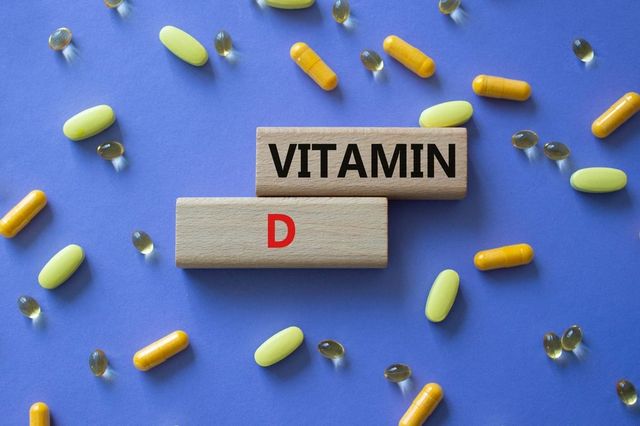Vitamin D. Vitamin or Hormone supplement?
We invite you to listen to our Deep Dive on the topic
Understanding Deficiency: Causes, Symptoms, and Solutions
Deficiency occurs when your body doesn’t have enough vitamin D, which is crucial for maintaining healthy bones and supporting your immune system. In this post, we’ll explore the key aspects of vitamin D deficiency.
Causes
- Limited Sun Exposure: Since the vitamin is synthesized in the skin through sunlight, not getting enough sun exposure can lead to a deficiency.
- Dietary Insufficiency: Not consuming foods that contain it or supplements can contribute to low levels.
- Body’s Inability to Absorb : Some medical conditions can affect absorption.
- Darker Skin: Higher melanin levels reduce the skin’s production of vitamin D from sunlight.
- Age: Older adults have a decreased ability to produce vitamin D.
![]()
Symptoms
- Fatigue and tiredness
- Bone pain and back pain
- Depression
- Impaired wound healing
- Hair loss
- Muscle pain
Risks
- Increased risk of cardiovascular disease
- Cognitive impairments in older adults
- Severe asthma in children
- Increased risk of certain cancers
Diagnosis and Treatment
Blood Test: A blood test can measure the level in your body.
Supplements: Taking supplements as recommended by a healthcare provider is crucial.
Dietary Changes: Include vitamin rich foods like fatty fish, fortified dairy products, and egg yolks in your diet.
Increased Sun Exposure: Spending a balanced and safe amount of time in the sunlight.
Prevention
To prevent vitamin D deficiency, ensure an adequate intake through food, take supplements if necessary, and seek moderate sun exposure. If you have specific health concerns or risk factors, consult with a healthcare professional for personalized guidance.
Thank you for reading this informative blog post about vitamin D deficiency. If you have concerns about your levels, contact us for personalized advice and support!

